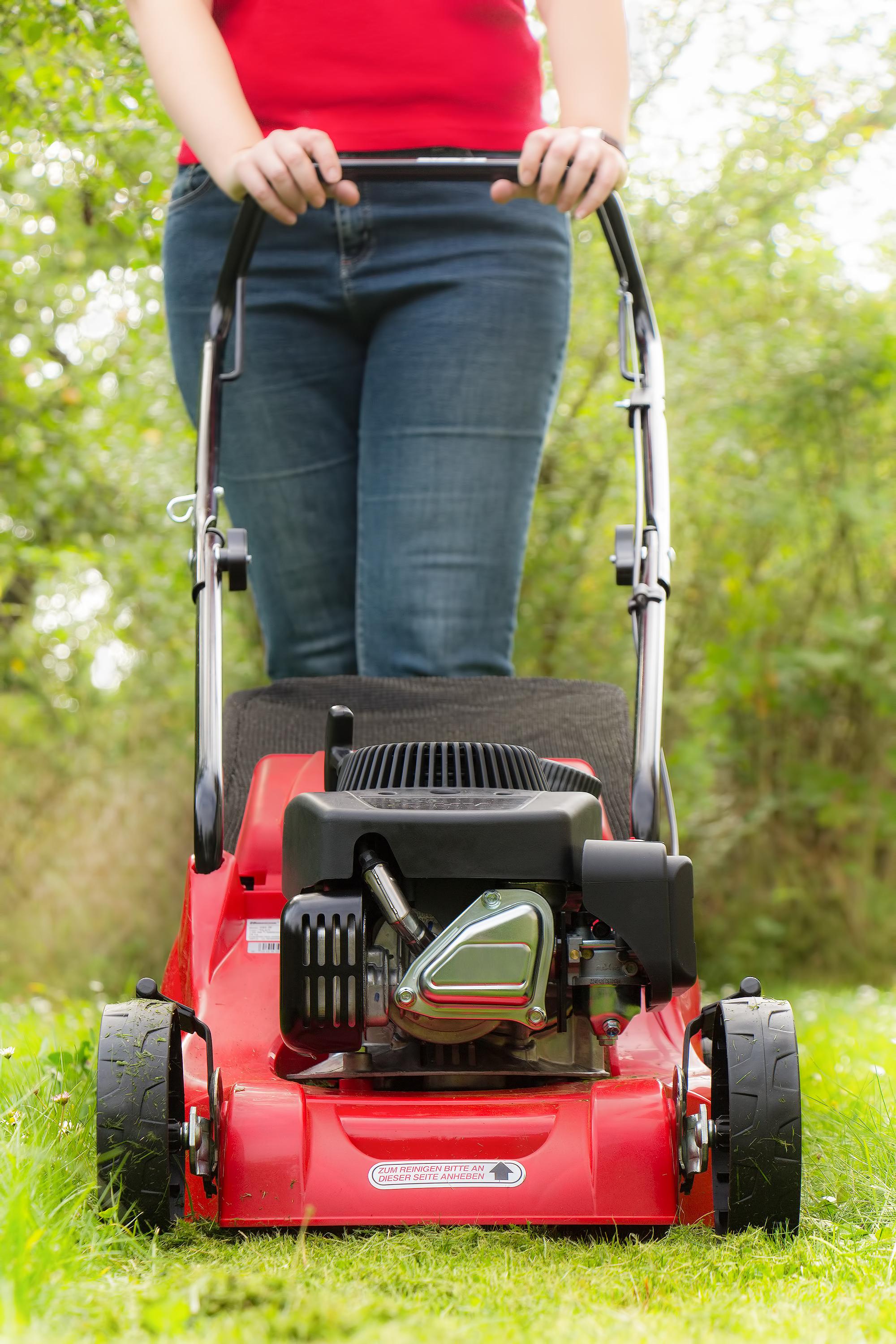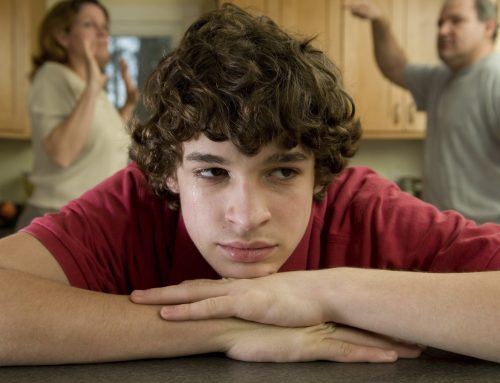Why Your Kids Need Chores
You benefit in obvious ways if your kids have chores because you have help with keeping the house clean. Just as importantly, your kids benefit from chores. A recent study showed that 82% of parents had chores when they were young, but only 28% of them require their own kids to do chores. However, when kids have chores, they learn responsibility, they contribute to the family and they learn basic tasks that they will need later in life. Sounds good, but how do you start? Here are some tips on chores for kids:
• Start them early. If you’ve already missed the boat with starting them early, don’t worry, just move on to the next tip! Even toddlers and preschoolers can have chores. They can put their dirty clothes in a basket and they can help wipe up their spills. You can give them a rag to “dust” a small space. Remember, the key at this age is not their skill level, rather it is about making chores a part of their routine. You will need to redo many of the tasks they do, but this will build a foundation you will be thankful for later.
• Start small. Give your kids one chore to start with and then add to it only after it has become routine. It’s easy to be tempted to hand your 10-year old who has never done a chore in their life a long list of to-do’s, but adding chores one at a time will set them up better for success.
• Consider their developmental level. When choosing appropriate chores, consider your child’s age and developmental abilities. For example, two and three-year-olds can help make a bed, put laundry in a hamper and wipe up spills. Six to eight-year-olds can fold and put away laundry, vacuum and help with pet care. Once kids are thirteen to eighteen years of age, they are capable of basically any household chore. This list certainly is not exhaustive, but hopefully, it illustrates how chores become more complex and kids can do them with less assistance as they mature.
• Make it a routine. Have set times that chores are to be completed so that kids understand and can predict the schedule. Some chores are daily, such as helping with dishes or making a bed. Some chores might be done over the weekend, such as mowing the lawn or helping with laundry. The more it becomes a routine, the less you will have to remind (or nag) your child.
Contributing to family life through chores is part of raising kids to be adults. You would never consider saying that you weren’t going to bother to teach your kids to read because you are faster and better at it; you simply do it as part of parenting them. Consider chores similarly – it may slow you down in the beginning, but you are building their independence and sense of responsibility.







